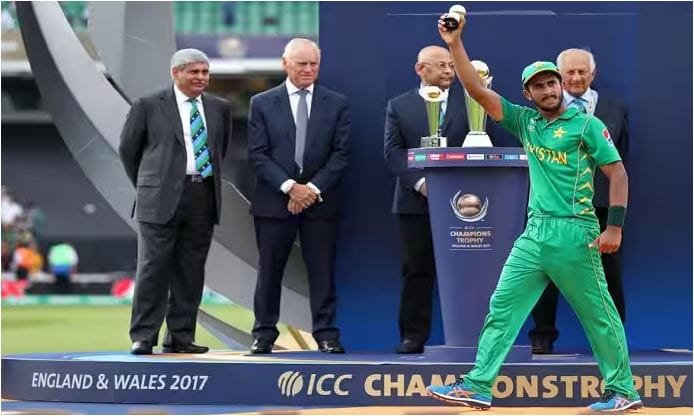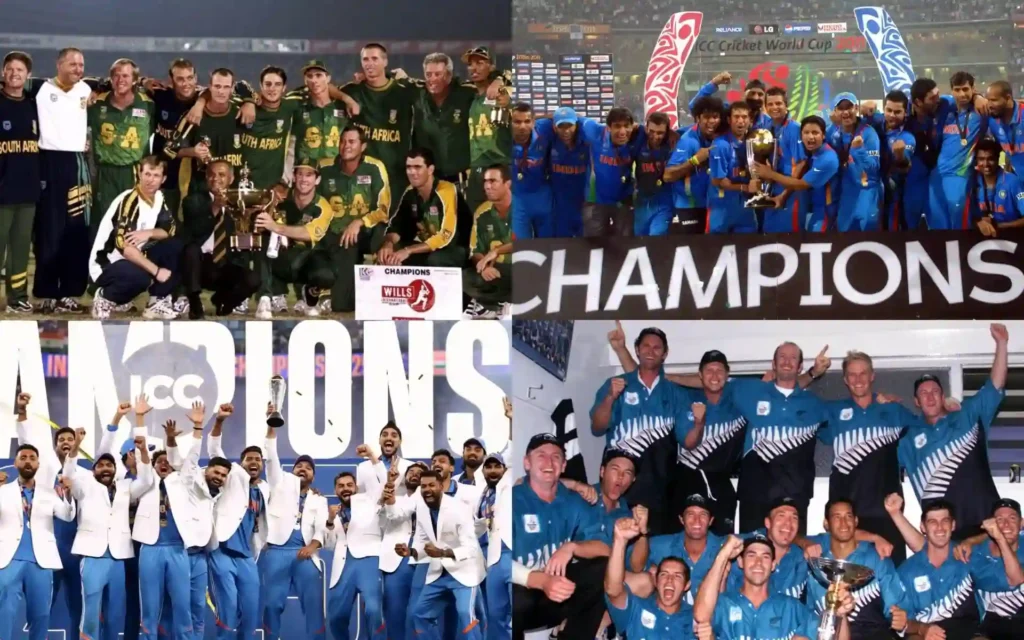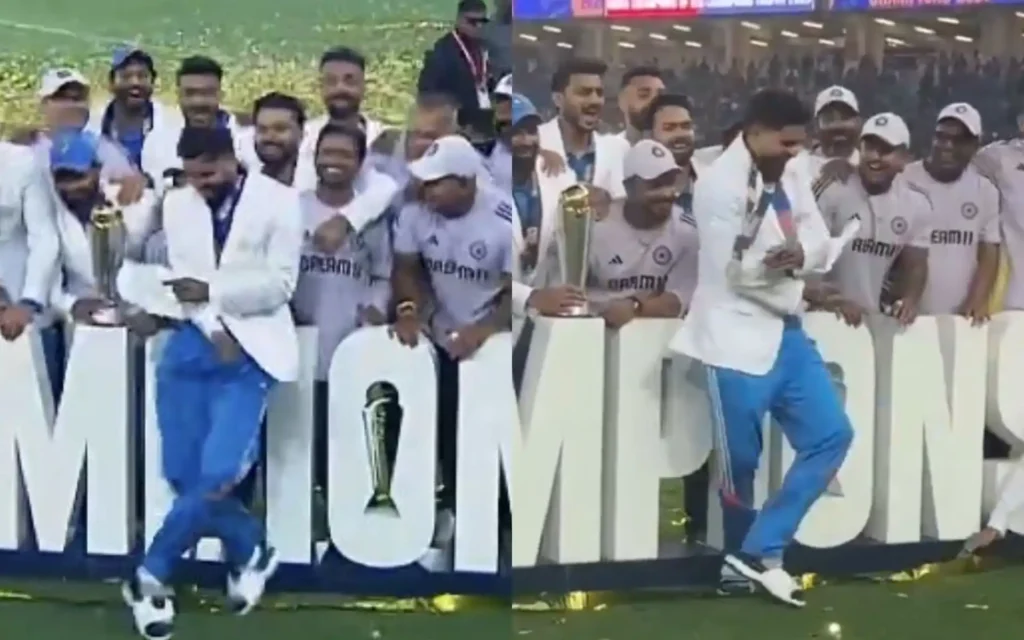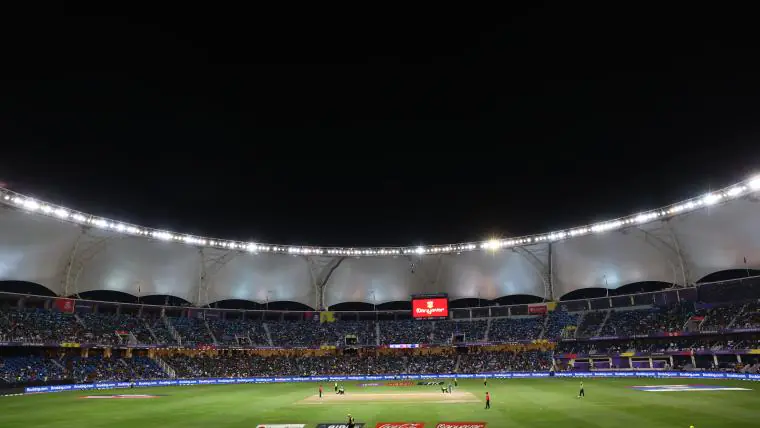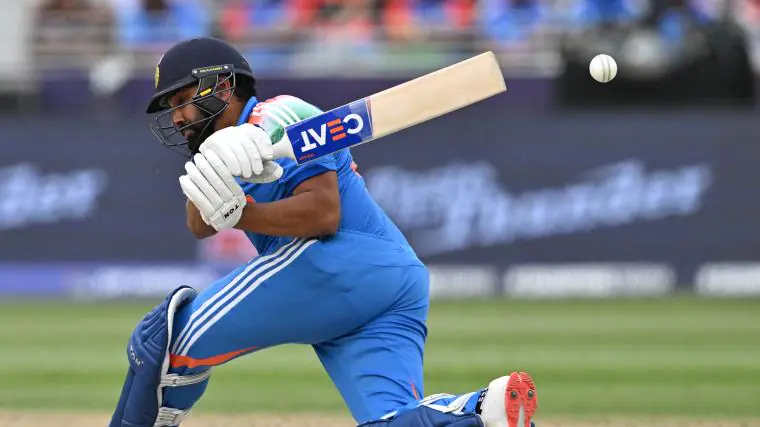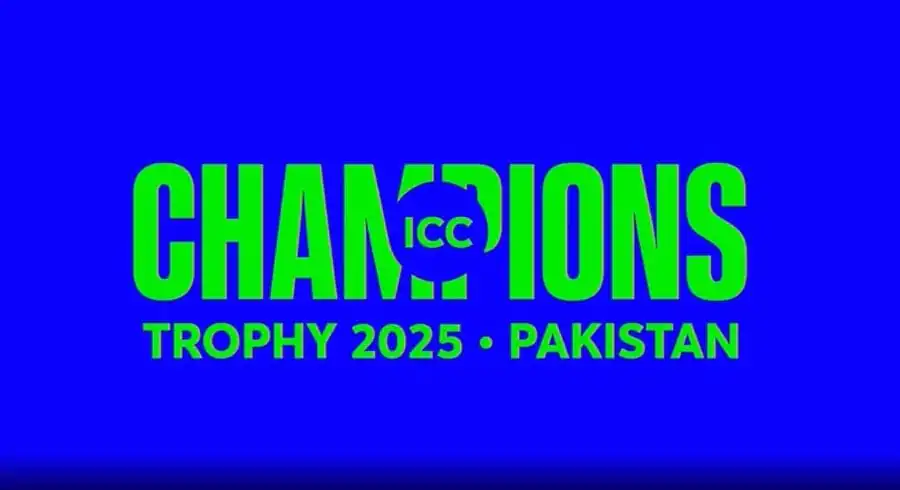
Broadcasters are urging the International Cricket Council (ICC) to release the schedule for the Champions Trophy 2025. The delay is causing frustration among media companies who have invested heavily in broadcasting rights. The schedule was expected earlier this week, but issues involving India’s participation have disrupted the timeline.
Broadcasters Demand Early Schedule for Revenue Planning
Broadcasting companies secured ICC event rights in a historic $3 billion deal. This agreement covers events through 2027, and high-profile matches, like Pakistan-India, are central to revenue expectations. These games draw immense global audiences, boosting viewership and advertising income.
Companies argue that an early release of the tournament schedule is crucial. It allows them to optimize promotional campaigns and secure advertising partnerships. Without a confirmed schedule, broadcasters face challenges in planning and maximizing commercial returns.
The ongoing delays have led to strained relations between broadcasters and the ICC. The absence of certainty is affecting their ability to strategize effectively, leading to increased financial pressures.
India’s Travel Refusal Escalates Tensions
The controversy intensified on November 9 when the Board of Control for Cricket in India (BCCI) informed the ICC about the Indian government’s stance. The advisory clearly stated that the Indian team could not travel to Pakistan for the tournament. Concerns over political tensions and security risks were cited as primary reasons.
India has not played in Pakistan since the 2008 Asia Cup. Political and security concerns have long hindered cricket relations between the two nations. In contrast, Pakistan has visited India multiple times, with the most recent instance being the ICC Men’s World Cup 2023.
The ICC is now grappling with significant pressure to resolve this situation. The absence of a definitive schedule for a marquee tournament creates uncertainties not only for broadcasters but also for fans and stakeholders.
PCB Pushes Back on Hybrid Tournament Proposals
The Pakistan Cricket Board (PCB) is standing firm. It has firmly opposed any hybrid model proposals, which suggest splitting tournament venues between multiple locations. The PCB insists that the Champions Trophy must take place entirely in Pakistan as scheduled.
The PCB has engaged with other cricket boards to highlight India’s stance. Officials from Pakistan are determined to host the tournament on home soil, marking the country’s first international event since 2008. The PCB’s rejection of alternative models complicates the situation for the ICC, which is striving to maintain harmony.
The governing body now faces a balancing act. Addressing the concerns of both India and Pakistan, while keeping broadcasters satisfied, is proving to be a significant challenge.
ICC’s Strategic Discussions and Responses
The ICC is actively working on a response to the PCB’s concerns. Sources reveal that Pakistan has been persistent in communicating its dissatisfaction with India’s refusal. This situation has placed the ICC in a complicated position, requiring detailed negotiations with both parties.
Officials from the ICC have reportedly initiated discussions with the Indian Cricket Board. These talks aim to clarify the Indian government’s advisory and assess the legal ramifications of a potential boycott. The ICC plans to provide a comprehensive response to the PCB based on these deliberations.
Additionally, the ICC is consulting other cricketing nations. These discussions are part of an effort to explore alternative solutions and prevent any disruptions to the tournament. However, the ICC acknowledges the immense stakes involved, especially considering the high-profile nature of the Champions Trophy.
High Stakes for Pakistan’s First Major Event Since 2008
The Champions Trophy 2025 holds particular significance for Pakistan. It is set to be the nation’s first international cricket tournament in over a decade, scheduled for February-March. The country last hosted a major event in 2008, and the cricket board has high hopes for a successful tournament.
The situation remains uncertain as the ICC continues to address multiple concerns. The pressure from broadcasters, coupled with the geopolitical dynamics between India and Pakistan, has made scheduling a complex affair. Despite the complications, stakeholders are eager for a resolution that will allow the event to proceed smoothly.
For now, the cricketing world watches closely, waiting to see how the ICC navigates these turbulent waters. The outcome will have far-reaching implications, not only for the tournament but for future cricket relations between the neighboring nations.
Check out the Champions Trophy Stats
